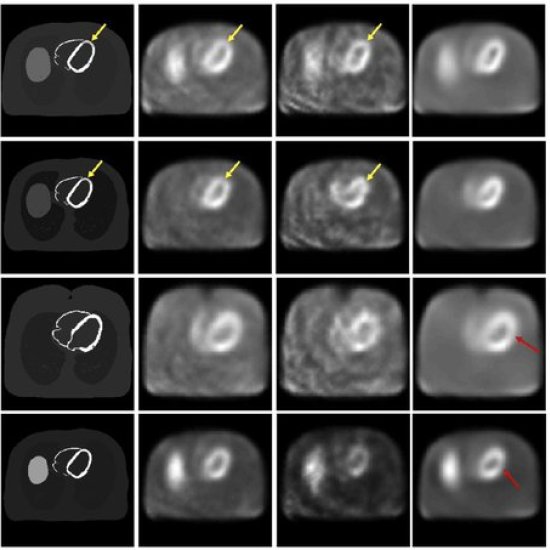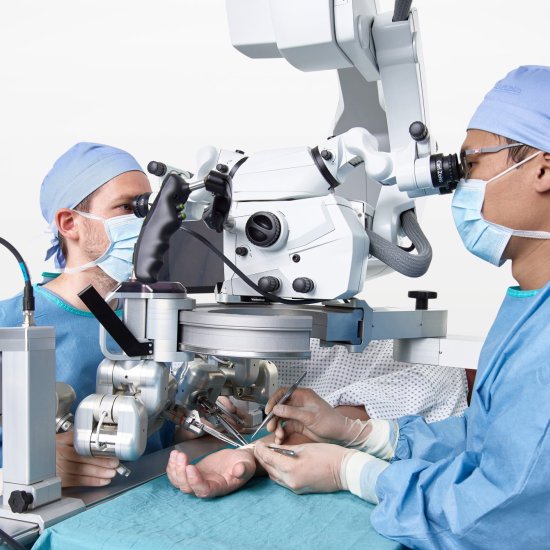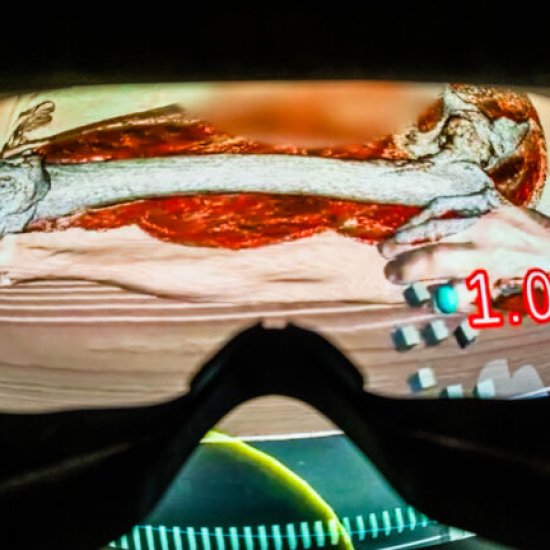
|
|
AI is entering the medical sector with increasing force, but many tools apply the technology with a rather experimental mindset, which doesn't mesh with the need for reliability in healthcare settings. Experts point out the need for common standards, reproducibility and patient safety to direct the huge potential of AI into the right channels. We take a look at promising AI applications in radiology, surgery and psychotherapy – and the pitfalls they need to steer clear of.
|
|
 |
Article • Experts outline European infrastructure
What will the future structure for artificial intelligence in health imaging across Europe look like? While the algorithms show great promise in collecting, storing, analysing, and using data to advance healthcare, delegates to a session on the ... |
Sponsored • Health & Care Expo
Post-pandemic problems, ageing societies, the impact of climate change on human health: To find solutions for new and ongoing healthcare challenges, thinking outside the box is crucial. This year’s Medical Taiwan Health & Care Expo took this ... |
|
Article • Impact of ICM packaging and delivery systems
Iodinated contrast media (ICM) enhance CT imaging, but its single-dose packaging is increasingly proving at odds with modern, more sustainable imaging practices. New award-winning research by a radiology resident and faculty members at Vanderbilt ... |
|
News • Performance-based evaluation
US researchers evaluated AI techniques for cleaning medical images based on performance in clinical tasks. Some algorithms make the scans look better, but actually decrease image quality. |
|
Article • State of the art and latest advances in technology
Surgical robots are becoming widespread in operating theatres, delivering accuracy and safety. An overview of the main systems, principal operators, the market and European initiatives in this field. |
|
News • AI expert points out risks and benefits
LLM-based generative chat tools such as ChatGPT or Google’s MedPaLM have great medical potential, but there are inherent risks associated with their unregulated use in healthcare. |
|
News • 3D visualisation and mixed reality
From current mixed reality assistance, technological advances could soon make fully digital autopsies a reality. This could enhance efficiency and legal certainty, and also benefit training. |
|
News • Optimizing operating room use
Machine-learning algorithms are 13% more accurate in predicting the surgical time needed in the operating room compared with human schedulers, according to new US research. |
|
News • UK research findings
UK researchers find that digital health products, e.g. health apps, could make a substantial contribution to tackling NHS urgent care pressures, by keeping patients out of hospital in the first place. |
|
News • Blueprint for use in psychotherapy
While it’s true that AI holds tremendous potential for improving the science and practice of psychotherapy, it remains a definitively high-stakes area. Stanford experts define the potential benefits and concerns of deploying the technology. |
|
|
|
| |
You are receiving this email because you subscribed to our newsletter on healthcare-in-europe If you don’t want to receive this newsletter anymore, click here to unsubscribe.
Keep up-to-date on the latest news from all hospital-related fields!
Subscribe to our bi-monthly newsletter. Copyright © 2026 mgo fachverlage GmbH & Co. KG.
All rights reserved. E.-C.-Baumann-Straße 5, 95326 Kulmbach, Germany
email: newsletter@european-hospital.com |
|



|
|










